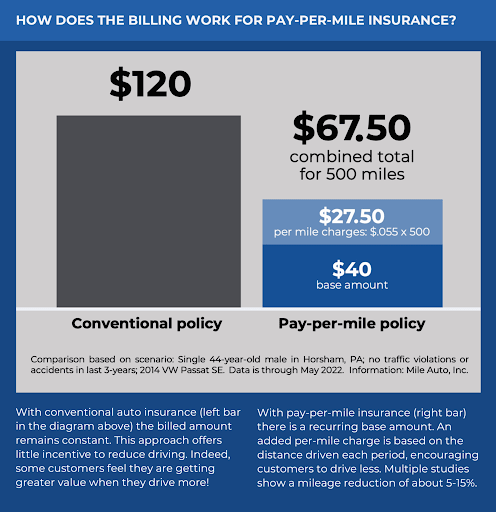Mileage Based Car Insurance Helps the Environment and Saves You Money

Transportation is the largest contributor of greenhouse gas emissions in the United States. For many Americans, giving up driving entirely is not an option, but driving less is much more doable and an effective way to reduce air pollution. In Philadelphia, emissions from cars and trucks are also responsible for the creation of ozone (smog) further impacting the health and welfare of local residents. So the Council supports offering a financial benefit to drivers willing to drive less. The Council recently joined a new program to educate the public on pay-per-mile auto insurance, and how it is an effective tool to reduce pollution.
Pay-Per-Mile insurance benefits Clean Air Council in two ways:
- It advances the Council’s mission because with PPM insurance drivers are rewarded for driving less which reduces traffic congestion, greenhouse gas emissions and smog
- Signing up for PPM also provides financial support to the Council for its transportation work.
Pay-per-mile auto insurance incentivizes car owners to drive less and can lower their car insurance costs because the driver/car owner is charged based on how much they actually drive. The less miles you drive, the less you spend on car insurance
Car insurance costs are generally fixed so there is no financial incentive to change driving behavior. Pay-per-mile auto insurance changes the driver’s mindset and gets them thinking about driving less and saving more money.
See the difference between a Conventional Policy and a Pay-Per-Mile Policy:

If you already drive less than the US average of 13,500 miles per year (pre-pandemic) then a pay-per-mile policy could be right for you. In addition, people who don’t own a car, but rent or share them, may want to consider non-owner coverage, offered by some insurers. Such coverage, when it includes medical and related benefits, is popular with pedestrians and cyclists, some of whom don’t have driver’s licenses.


